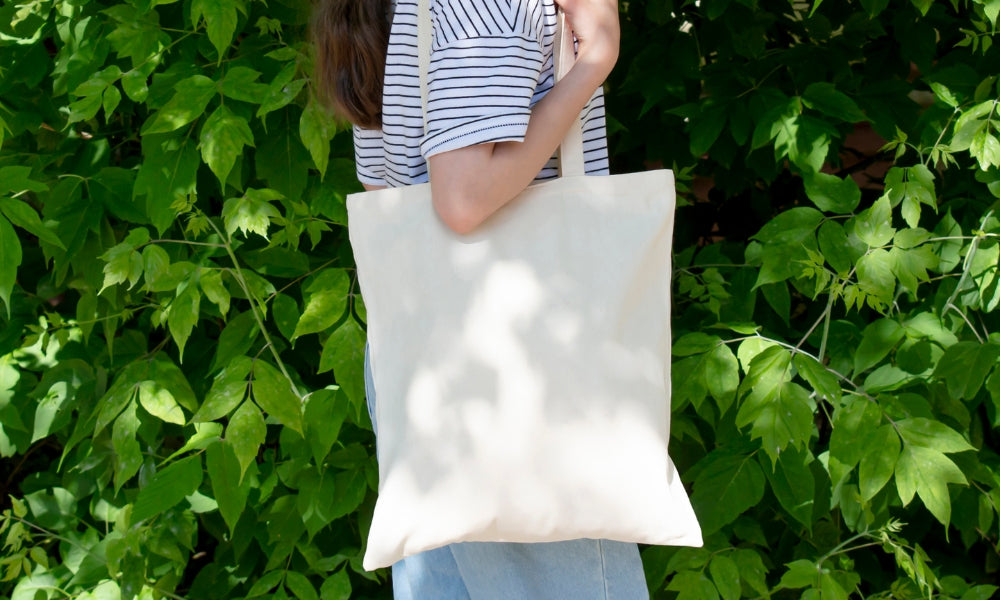
Forming eco habits
Imagine what we could achieve if everyone made just a few minor lifestyle adjustments in favour of the planet. Surely bedding down lots of little, healthy, earth-friendly habits is better than aiming for lofty goals? Sustainability has to be sustainable for you after all!
Here are a few ideas – that might become good habits if you try – to help you refuse single-use plastic packaging, reuse goods, and recycle or rot down the excess.
Buy once, buy right
The misery of poor quality soon spoils the pleasure of a low price. Surely it’s better to own fewer, higher quality goods?
- Have a clear out and donate your used goods and clothes to the local charity shop.
- Buy a reusable drink bottle that you love and quit buying bottled water or drinks.
- Do away with the disposable wipes; use rags or reusable cloths for cleaning instead.
Conserve energy and water
Bed down good habits within the home – and then expand your influence to your workplace or school.
- Aussie summers are great for drying clothes on the washing line so unplug the dryer.
- Don’t let bath water escape down the rain – use left-over water on plants and gardens.
- If you can, turn the air-con off and let the breeze in.
- Invest in good reusable storage solutions for left-overs to avoid food wastage.
- Come up with another meal idea to stop left-overs go to waste.
- Switch to a low-pressure shower head.
- Turn down your hot water system.
- Improve your insulation and save on heating come winter.
Progress, not perfection
Vincent van Gogh once said “great things are done by a series of small things bought together”, and this concept applies absolutely to sustainable living.
- Remember shopping tote bags by keeping them in your car boot or by the door.
- Subscribe to meat-free Mondays and trial plant-based meals.
- Could you take public transport or your bike to work? Even just once a week?
- Collect green waste for home composting or kerbside collection.
Eat locally and seasonally
We have the power to influence what retailers stock. Unfortunately consumer demand has led to imported foodstuffs and produce out of season in the past. Growing some of your own food, being aware of food miles, and sourcing locally, in season, makes a huge impact on your carbon footprint.
- Plant a veggie garden. If you don’t have much room, start with a herb garden – it’ll help you want to eat more fresh food too.
- Preserve or share any extras that you’ve grown.
- Plan your meals and buy only what you need – you’ll save money and cut down on food waste.
Here’s to a greener tomorrow!

